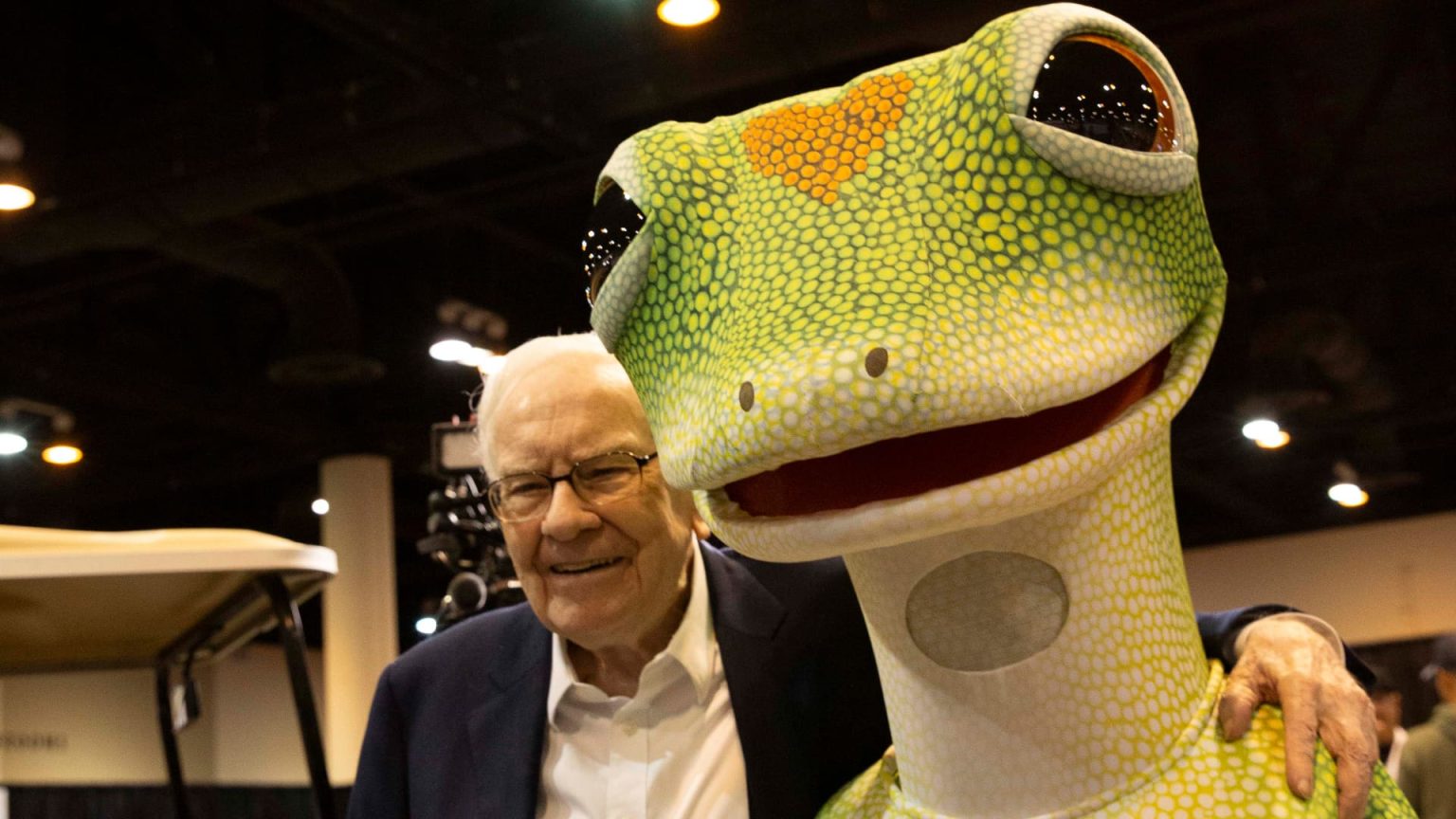Berkshire Hathaway recently reported a surge in operating earnings and a record cash hoard, causing their shares to rise in premarket trading. The conglomerate’s Class A shares were up by 1.5% while Class B shares gained about 1.2%. The first-quarter operating profit of $11.22 billion was a 39% increase from the previous year, with insurance underwriting earnings driving the growth. Particularly, Geico, a key player in Berkshire’s insurance businesses, saw its earnings rise by 174% to $1.928 billion.
The increase in insurance underwriting earnings to $2.598 billion was a substantial jump from $911 million in the year-earlier quarter. This strength in the insurance sector is reflective of increased demand and pricing power across the industry. Berkshire’s cash hoard reached a record high of $188.99 billion in the first quarter, a result of the company’s inability to find suitable acquisition targets in recent years. Warren Buffett, Berkshire’s CEO, attributed the improved insurance earnings to higher investment income due to rising interest rates.
Despite already outperforming this year, with both Class A and Class B shares advancing more than 10%, Berkshire Hathaway continues to be viewed positively by Wall Street analysts. UBS analyst Brian Meredith has a buy rating on the company, highlighting the earnings beat and projecting that Geico will catch up to competitors in data analytics by 2025. He has set a price target of $734,820, which is 17% above the closing price of shares on Friday. On the other hand, Edward Jones’ analyst James Shanahan has a hold rating on Berkshire, believing that the current stock price is fairly valued but anticipates solid earnings from the company’s diverse operating companies.
Despite the success of Berkshire Hathaway in the market and positive outlook from analysts, some concerns and challenges persist for the conglomerate. The company’s record cash hoard may pose a hurdle in terms of finding suitable investment opportunities to utilize these funds effectively. Additionally, the reliance on insurance underwriting earnings for profitability may expose Berkshire to potential risks in the highly competitive and evolving insurance industry. While Warren Buffett’s conservative investment approach has historically served the company well, shifts in market conditions and economic landscape could impact Berkshire’s future performance.
Overall, Berkshire Hathaway’s strong first-quarter performance and record cash reserves have boosted investor confidence and propelled the company’s shares higher. The conglomerate’s diverse business portfolio, including insurance, energy, and railroads, provides a solid foundation for future growth and stability. Despite potential challenges ahead, Warren Buffett’s leadership and strategic decision-making continue to drive Berkshire Hathaway’s success and position the company as a market leader in various sectors.


